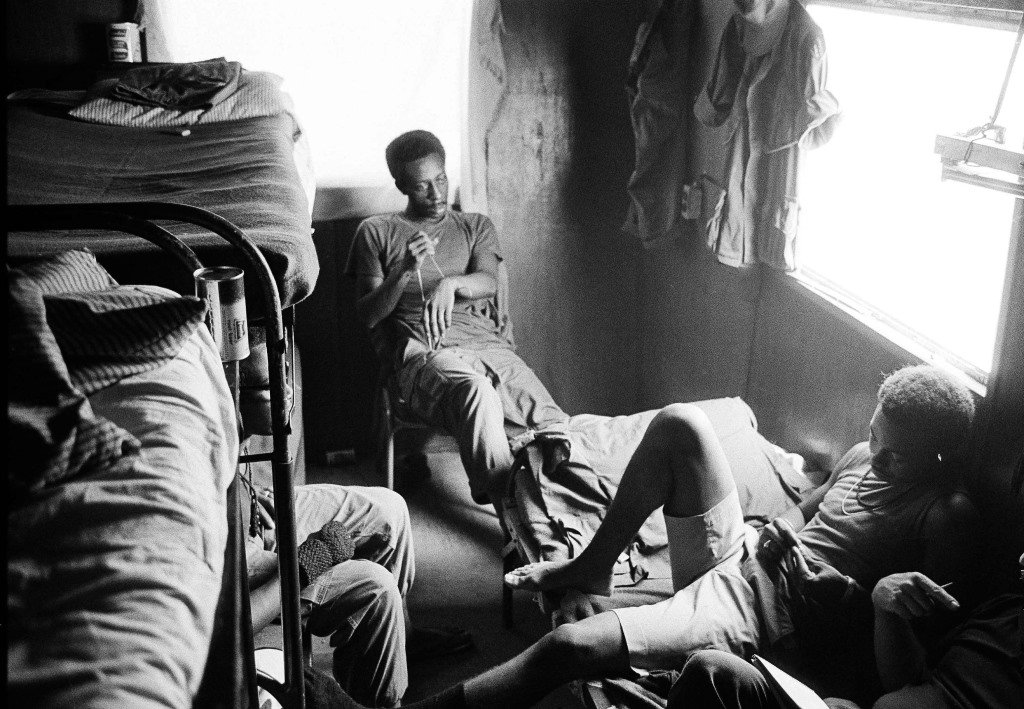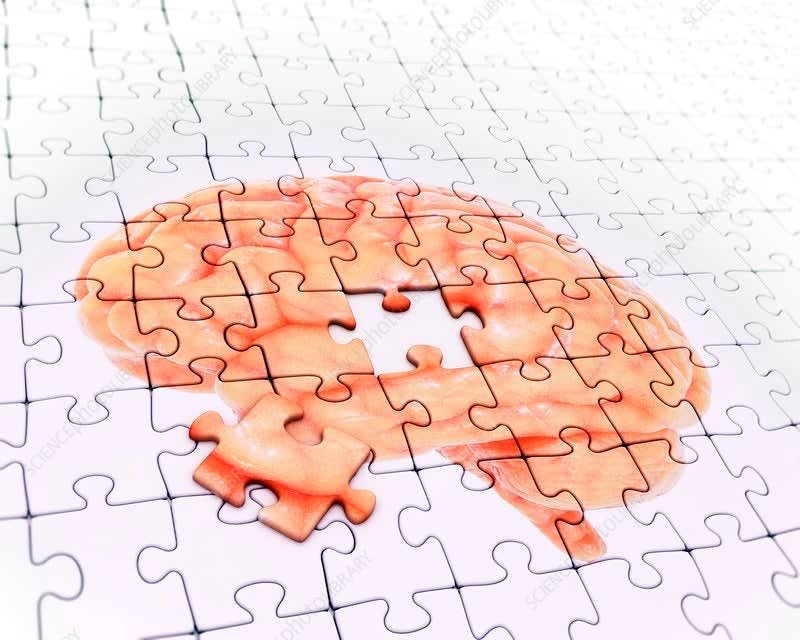During the Vietnam War, psychiatrists at U.S. Army bases, both domestically and in non-combat zones, reported monthly to the Chief of Psychiatry and Neurology. These reports were generated not from hospitals, but from outpatient centers known as Mental Hygiene Consultation Services (MHCS). At these locations, psychiatrists provided both long-term and short-term treatment to service members and their families, while also advising military commanders on mental health matters.
The accounts from MHCS psychiatrists reveal significant aspects of the mental health challenges faced by young service members preparing for deployment. They documented various psychological issues and stresses, offering a glimpse into the mental landscape of individuals serving in a turbulent period. These reports indicated that many service members struggled with anxiety, depression, and other mental health conditions that were often exacerbated by the pressures of military life and the demands of war.
The wartime practices at these Mental Hygiene centers are particularly relevant when considering the broader mental health reckoning that emerged in the years following the Vietnam War. The insights gleaned from these reports can inform current discussions on military mental health care, highlighting the ongoing need for effective support systems for veterans.
The event discussing these findings is scheduled for April 17, 2025, from 12:15 PM to 1:45 PM ET at One Brattle Square in Cambridge, MA. It is organized by the International Security Program, featuring speakers like Annie Boniface, who is the Ernest May Fellow in History & Policy. The program is open to all, with admittance on a first-come, first-served basis, and refreshments will be available.
The exploration of military psychiatry during the Vietnam War is not just an academic pursuit but also a necessary examination of how past practices can shape future mental health policies. Understanding the historical context and the mental health protocols of the time can lead to improved strategies for addressing the ongoing mental health needs of military personnel and veterans today.



